
We all love delicious foods, even if we know they may not be good for us. Foods high in energy – specifically sweet, salty and fatty foods – tend to taste the best.

High-dose vitamin D supplements improve weight gain and help with the development of language and motor skills in severely malnourished children, our latest study has found.

Activating something called the behavioral immune system puts a damper on dating, new research shows. The theory is that perceiving, rightly or wrongly, the threat of disease unconsciously activates this system.

Each person experiences pain differently, from an emotional perspective as well as a physical one, and responds to pain differently.

Most of us know children who can run and play for hours and hours, taking only short rests.

About a third of cancers could be prevented with lifestyle changes – that’s roughly a million cases of cancer in Europe each year. Many people are still confused about risk factors, despite vast sums being spent on public health education campaigns.

Most Americans go to sleep later on Friday, Saturday, and Sunday nights than during the week, a new analysis confirms. The study of data from physical activity monitors suggests that younger people, especially, are more naturally prone to go to bed and wake up later.

Researchers have identified 44 genomic variants, or loci, with a statistically significant association with depression. The meta-analysis involves research with more than 135,000 people with major depression and more than 344,000 controls.

Our life expectancy has increased dramatically over the past several decades, with advances in medical research, nutrition and health care seeing us live well into our 80s.

Demand for drugs and devices that can enhance brain functions such as memory, creativity, attention and intelligence, is on the rise.

Arthritis is the leading cause of pain and disability in the UK. The disorder typically causes pain and inflammation in the joints, and can affect people of all ages.
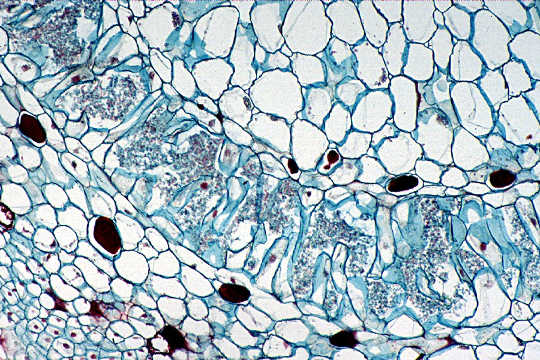
The gut microbiome could be the culprit behind arthritis and joint pain that plagues people who are obese, according to a new study.
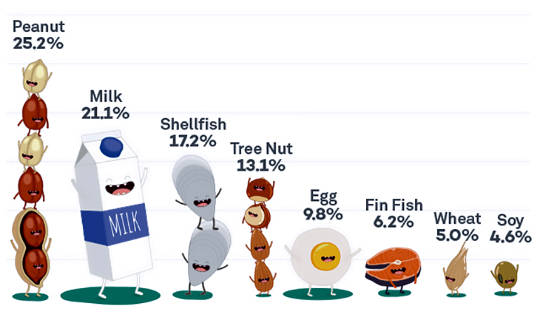
A surge in childhood food allergies across the United States has turned classrooms into homemade-treat-free zones and parents into experts at scanning labels. But what’s fact and what’s fiction?

It might be a spot, lump, bump or polyp you’ve found suspicious or bothersome enough to ask a doctor to have a look at. The doctor sends what she has excised for testing and tells you it’s “pre-cancerous”. But what exactly does that mean, and is it cause for alarm?
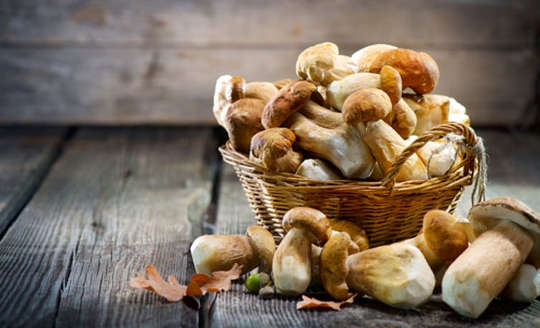
In the past, food scientists like me often praised mushrooms as healthy because of what they don’t contribute to the diet; they contain no cholesterol and gluten and are low in fat, sugars, sodium and calories. But that was selling mushrooms short. They are very healthy foods and could have medicinal properties...

Socioeconomics play a significant role in attitudes about food – especially concerns about safety and purchasing behavior. And higher income doesn’t always correlate with informed choices. On the contrary, our research shows that affluent Americans tend to overestimate their knowledge about health and nutrition.

A new scientific study shows that bright electric light exposure of preschool children in the evening suppresses melatonin production almost completely, an important addition to the growing body of research in this area.
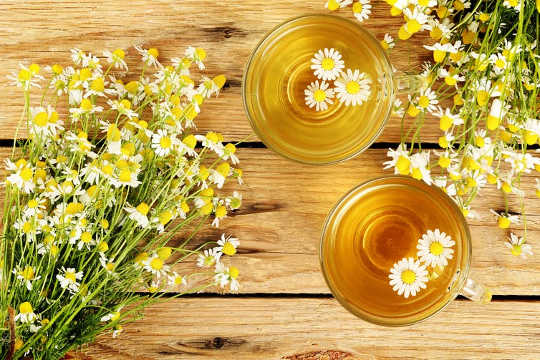
Chamomile – that yellow flower so often made into a tea, enjoyed before bed – is a very interesting plant. It was recently discovered that the humble flower may control or even prevent diabetes...
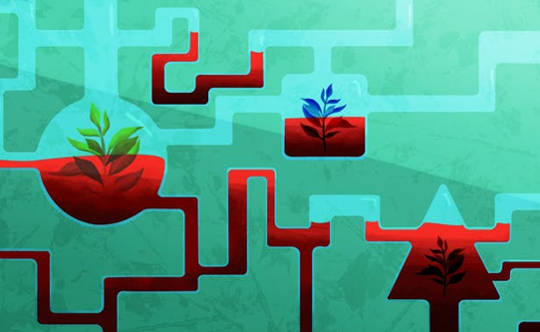
Recent scientific studies have claimed, almost vampire-like, that transfusions of blood from teenagers can help delay or reverse the ageing process. Where do these claims come from? Do they stack up? And how long will it be before we have the power to stave off what now is inevitable?

The natural world is our natural home. This may sound obvious, but to many it’s a forgotten truth. There is so much drawing us away from the grounding and nourishing world around us. But no matter how cut off we may feel, or how far into our own darkness we fall, the sun always rises with the possibilities of the day ahead.

Menstruation is often called the “last great taboo” in women’s sport. But periods are the media’s taboo, not sportswomen’s. Our new research showed that elite athletes are not afraid to talk about their menstrual cycle and how it affects them.

Most women expect to experience the effects of hormonal changes when they come to menopause and many anticipate increased irritability and mood swings. But mood swings that can be just an annoyance for some women can develop into something more serious for others.

















